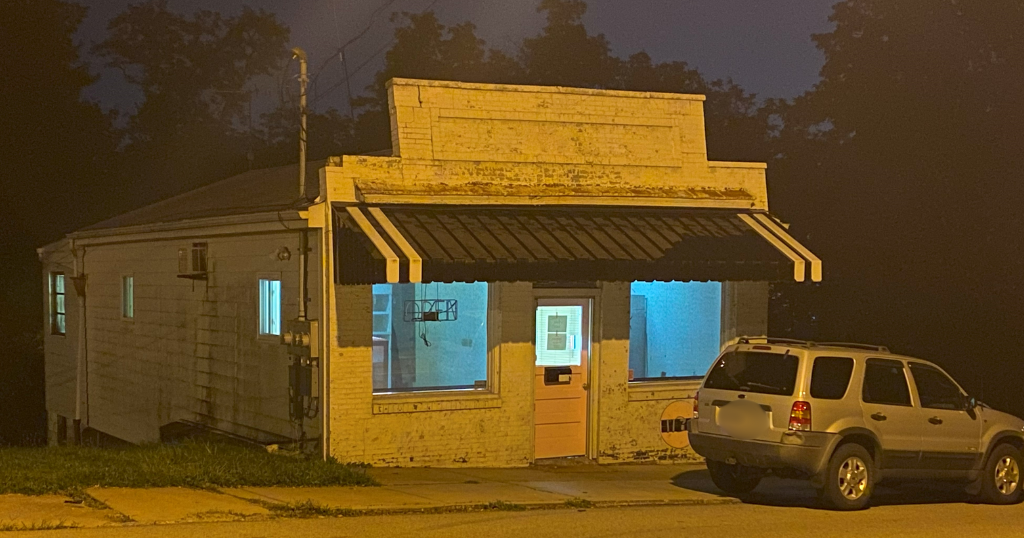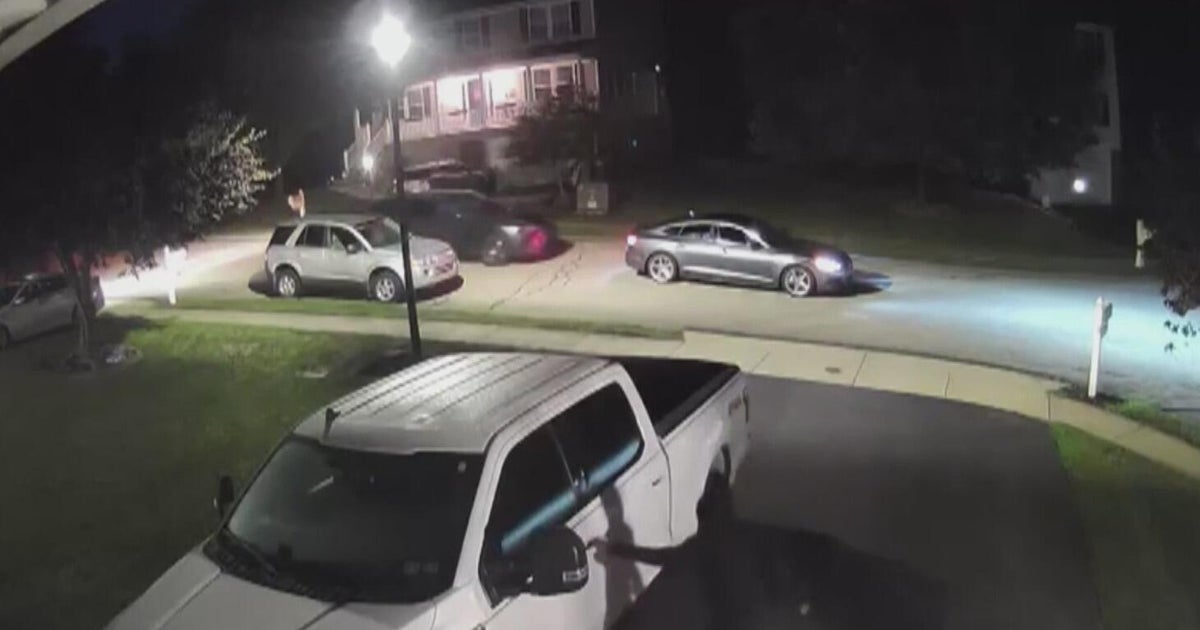New Procedure Could Make Open Heart Surgery A Thing Of The Past
PITTSBURGH (KDKA) - Is open heart surgery about to become a thing of the past?
There's a new procedure that could change the game for doctors and patients.
Bob Goodnight is 88 years young.
"Here's a guy that wants to walk the dog, and golf a little, and read, and spend time with my mom," Goodnight's daughter, Donna Mancini, said.
But a problem with one of his heart valves, a narrowed aortic valve, posed a quandary because open heart surgery to fix it was risky.
"He's just not up to all that. His kidneys aren't what they were," Mancini said.
But letting it go would be deadly, usually within a couple years.
"I'd go from maybe here to the end of the porch, and I'd get a little tightness in my chest," Goodnight said.
For some people at his age, accepting this outcome is a peaceful decision. But, not for Goodknight, who is still quite robust.
"It doesn't mean your life is done and people should stop thinking about you," Mancini said.
An alternative to open heart surgery is a transcatheter approach. That means putting the replacement valve in by way of the groin, threaded up through the aorta, and into the heart. The new valve sits inside the old valve, which is left in place.
A multi-specialty team considers each case carefully.
"We review their CT scans, their echocardiograms, their cardiac catherizations. And then, we determine if it's appropriate to proceed, and what approach, and how we're going to do it," Dr. David Lasorda said.
Typically, during the valve replacement itself, a cardiologist and a surgeon work together. Once in a while, the procedure has to be converted to open heart surgery, for instance, if the valve isn't sitting quite right, and there's leaking around the valve. Other risks include death and stroke in about one percent.
"The gold standard is still surgical valve replacement, because the outcomes are very, very good over the decades," Dr. Stephen Bailey said.
Because the trancatheter technique is relatively new, the longest follow up has been about five years. This has been in patients in their late 80's who then died of unrelated problems.
If it turns out the valves remain sturdy and perform well, it's possible younger patients in the future could have theirs replaced this way.
Goodknight got his new valve months ago. He recovered quickly and his outcome has been pretty golden.
"The next day he was chit-chatting, up in a chair, and that evening actually, wanted to be walking on his own," Mancini said.
Join The Conversation On The KDKA Facebook Page
Stay Up To Date, Follow KDKA On Twitter



